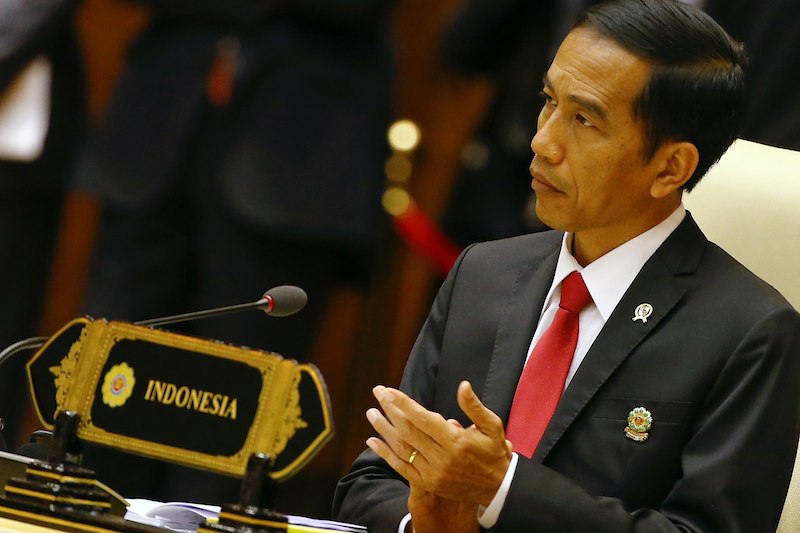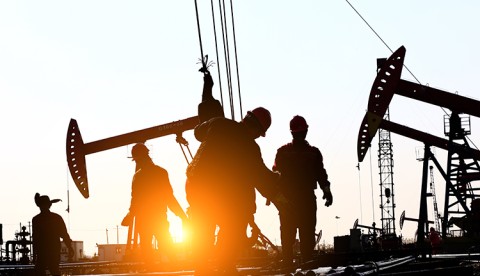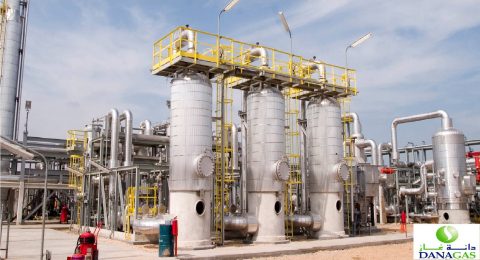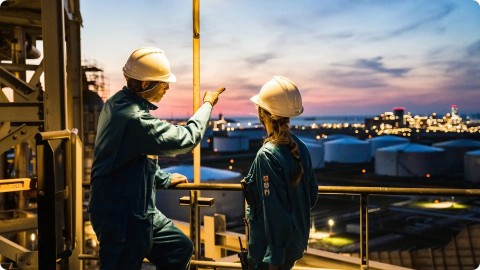In September, OPEC announced Indonesia’s return to the organization after 7 years of suspension. Indonesia’s return to the cartel, starting with the December policy meeting, will raise the issue of necessary changes to the group’s production target and possibly re-raise the issue of individual production quotas.
According to Bloomberg, OPEC’s 12 current member states are producing around 31.57 million barrels of oil per day – substantially higher than the current organizational production target of 30 mmbbld.
This overproduction has been the result of higher than expected production from Saudi Arabia and Iraq.
A source interviewed by Bloomberg said that OPEC’s production target could be raised in December to 31 mmbbld – still under production levels at current membership. Reuters reports that Indonesia is currently producing 900,000 barrels per day, which would bring OPEC’s daily production to around 32.5 million barrels per day starting in December.
The re-admission of Indonesia is somewhat strange for the Organization of Petroleum Exporting Countries, as the state is a net importer of oil. Bloomberg reports that in 2014, Indonesia pumped 852,000 barrels of oil, but consumed twice as much. Indonesia is expected to remain a net importer until at least 2020. Abdulsamad al-Awadhi, Kuwait’s former OPEC governor, told Bloomberg that “I can’t see any benefit for OPEC countries from the rejoining of Indonesia except that it might help to end the deadlock over selecting a new secretary general.”
Historically, raising the organization’s production target, even when already producing above the stated level, has been bearish for oil prices – which would be controversial given the past two years of price decline. Members of the organization who have lobbied for production cuts will almost undoubtedly raise objections to a production target raise. Further, raising the target may lead to the reintroduction of the issue of individual production quotas – which stopped in 2012.
An OPEC-watcher in the Reuters report said that “I would be concerned that if you change the OPEC ceiling it would open the door to the whole debate about quotas…Raising the ceiling opens up too many issues.” The quota issue has become sensitive over the past few years, as politics, market share and national prestige have been at stake. Smaller members and those under sanctions see a lack of individual quotas as a maneuver by larger states to increase market share.
Anonymous delegates interviewed by Reuters seem to believe that the target may be changed, but with little effect on actual OPEC production: “Even if the ceiling was raised it will be artificial, just on paper. You are adding something on paper but not in terms of world supply. It will not affect world supply.”












